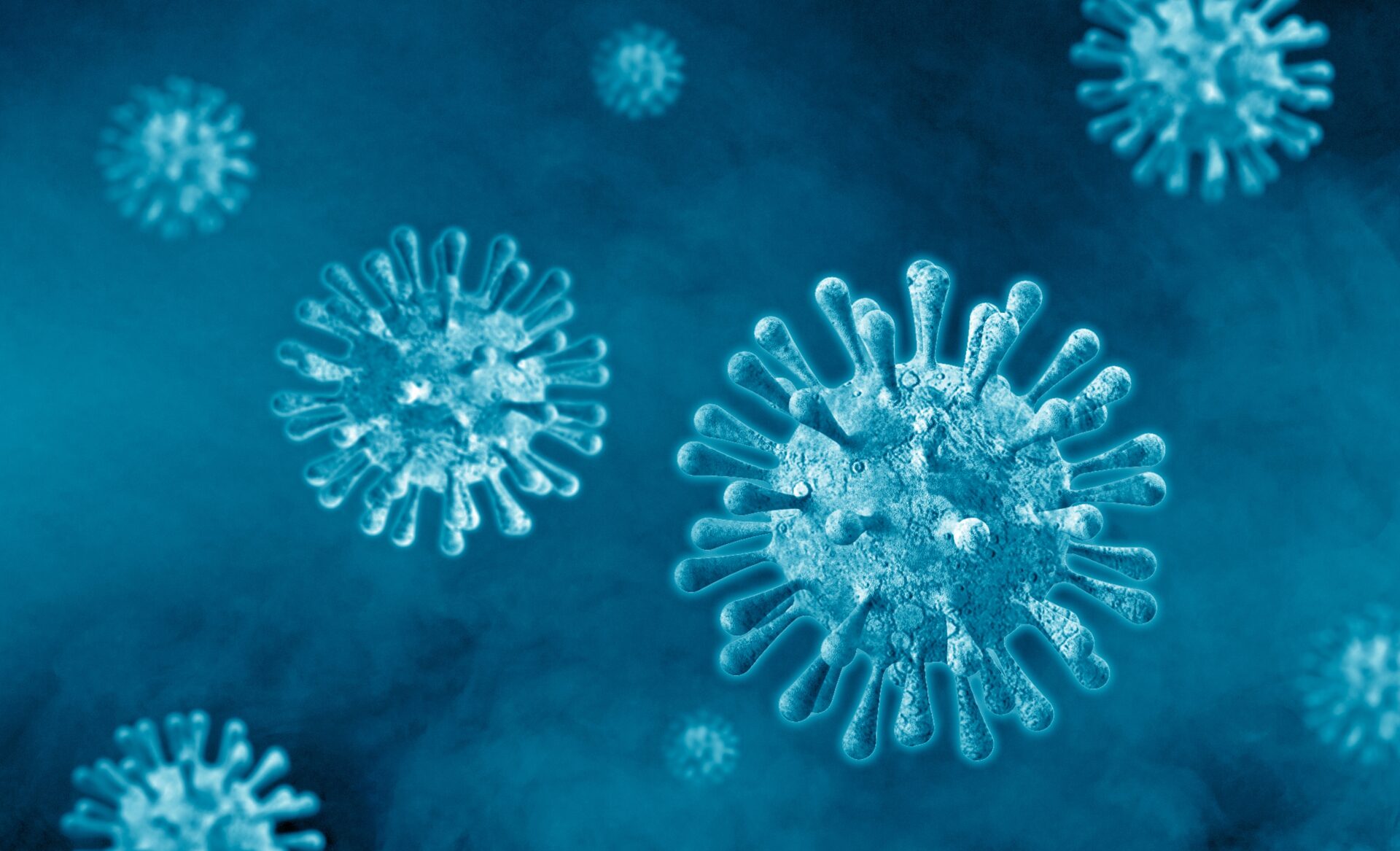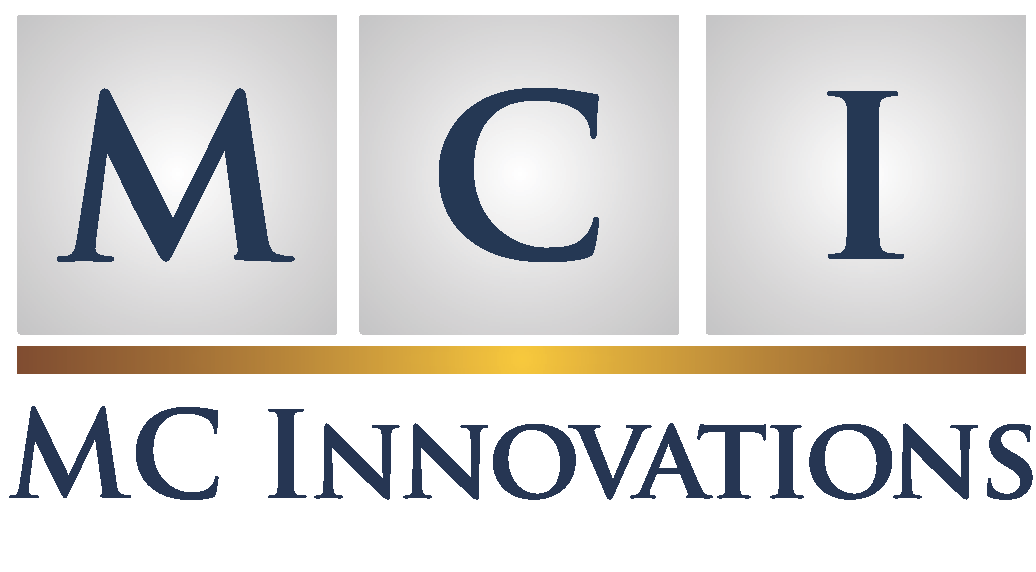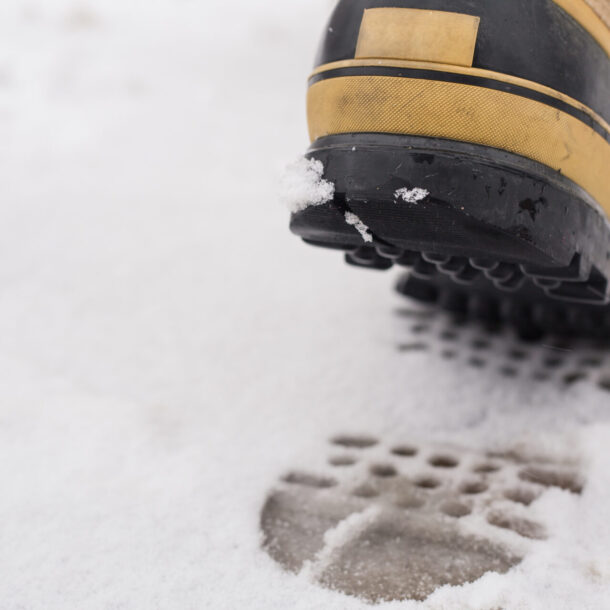
Risk Management in the Age of COVID-19
Risk Management in the Age of COVID-19
The COVID-19 pandemic has created challenges for policymakers in every state. Among those challenges is the role that workers’ compensation plays in helping workers infected with the disease. Each state has its own unique workers’ compensation policy outlook, with varying coverage requirements and standards based on industry, occupation and size and structure of a business. Workers’ compensation, by design, is meant to benefit both employees and employers by providing reliable insurance coverage with predictable and timely payments. Workers’ compensation programs should also provide medical treatment at no cost to the employee along with wage replacement benefits resulting from time away from work.
So, does workers’ compensation cover COVID-19? This answer is not a straight line. Under normal circumstances, workers’ compensation would not cover routine illnesses like a cold or the flu, because they often are not directly tied to the workplace. Some states, however, have made exceptions for certain workers who develop chronic illnesses resulting from repeated exposure to harmful materials and environments.

The COVID-19 pandemic has presented a unique circumstance where many jobs that were at one time not thought of as hazardous suddenly have become very dangerous for workers. Those deemed essential including healthcare workers, mass transit operators and grocery store employees, are at a higher risk of exposure to the virus while at work. But the more hazardous working conditions do not guarantee that a COVID-19 infection would be covered under workers’ compensation in many states.
Some states, including Virginia, have taken action to extend workers’ compensation coverage to include healthcare workers impacted by COVID-19. In 2021, Virginia lawmakers passed House Bill 1985 (HB 1985), which established the presumption that COVID-19 could cause the death or disability of healthcare providers as an occupational disease, making it compensable under the Workers’ Compensation Act. This bill only covers healthcare workers, however. Similar bills for first responders, correctional officers and school employees failed to become enacted. This presumption places the burden on the employer and insurer to prove that the infection was not work-related making it easier for those workers to file successful claims. There have been concerns that these presumption policies will increase insurance costs for employers at a time when businesses are already facing significant financial challenges.
Under the Virginia bill, there are limitations. Some conditions under this bill includes:
- Death or disability occurring on or after March 12, 2020;
- Caused by infection from the COVID-19 virus;
- For any such death or disability that occurred on or after March 12, 2020 and prior to December 31, 2021, the claimant must have received a positive diagnosis of COVID-19 from a licensed physician, after either a presumptive positive test or a laboratory-confirmed test for COVID-19;
- Claimant presented with signs and symptoms of COVID-19 that required medical treatment.
Additionally, the bill provides that such presumptions do not apply to anyone who has been offered, by their employer, a vaccine for the prevention of COVID-19 unless a licensed physician determines in writing that immunization would pose a significant risk to the person’s health.
While most workers understand that this COVID-19 pandemic continues to be an “evolving situation,” it’s important to realize that a mere exposure to the virus does not constitute a work-related injury. This means that coverage is only afforded to those who are diagnosed with COVID-19 after a positive test result, through a medical report from a qualified physician and proof of employment-related exposure to the virus.

Managed Programs... Managed Better
Experts in Risk
Management Consulting
Address
5540 Falmouth Street
Suite 203
Richmond, VA 23230



